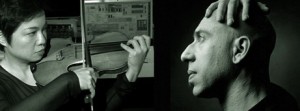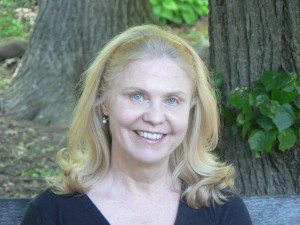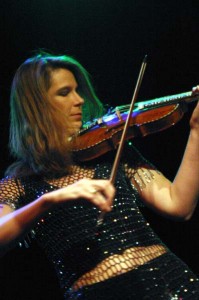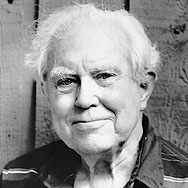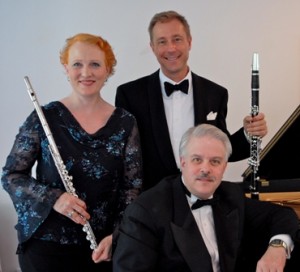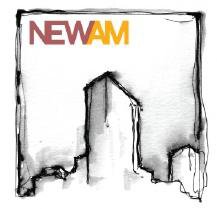“You are entitled to your own opinion, but you are not entitled to your own facts.”
– Sen. Daniel Patrick Moynihan
For the past several election cycles, a cottage industry of fact-checkers emerges from their pumpkin patches each fall to assess the credibility of candidates’ claims. One of most-quoted of these, FactCheck.org, is affiliated with my alma mater. These groups’ findings are not only cited by the media but are also used by partisans of both Presidential candidates. And while neither the press nor the candidates are free to plagiarize the articles produced by fact-checkers, the facts themselves are fair game.
In fact (sorry), it seems fact-checkers have themselves become the story. Yesterday, CBS Sunday Morning dedicated an entire segment to the role of fact checkers. It seems these trufflers of truth have become pawns in the political chess game of electoral politics, with each campaign’s spinmeisters trying to use the checkers to “king” their candidate by persuading the voters that their opinions are facts. In keeping with the non-partisan nature of my posts and this forum, I’ll not comment on which candidate appears to have racked up the most misdemeanors from the fact checkers – but I do have my own opinion!
As it turns out, the late Senator Moynihan is absolutely right from a copyright perspective. Section 102 of the Copyright Act not only states what is subject to copyright, including various forms of musical works and sound recordings, but also sets out many things that are not subject to copyright protection. For example, there is no copyright protection available for any “idea, procedure, process, system, method of operation, concept, principle, or discovery.” And while the statute’s list doesn’t explicitly include facts, the FAQ on the Copyright Office’s web site does state that “[c]opyright does not protect facts…” More importantly, the Supreme Court has said that facts are not copyrightable.
Facts are either ideas or concepts (e.g., 1+1=2) or discoveries (e.g., it’s a fact that the earth revolves around the sun). So, the candidates and their minions, along with the media and everyone else can freely use the findings of fact-checkers as to what a particular candidate said or didn’t say and whether his proposals are better than the other guy’s. As I said in my last post, as with fair use, the exclusion of facts, concepts, discoveries and ideas — as opposed to the individual expression of them, reinforces our First Amendment freedom of speech as nobody can monopolize an idea.
These concepts apply not only to political discourse, but to musical expression, as well. Section 102 states that copyright applies to “original works of authorship.” It is the individual expression of an idea or concept, not the concept itself, that is subject to copyright protection. So, what does this mean in a musical context? Imagine if C.P.E. Bach had been able to get a copyright in sonata form. Or if Bach and Vivaldi had sued each other over the exclusive right to use a circle of fifths?
It would be absurd to think that Jerome Kern couldn’t use that chord progression in “All The Things You Are.” Structural forms (such as a 32-bar AABA song or a 12-bar blues) and chord progressions are among the things that are generally considered to be non-copyrightable concepts or ideas. You’d probably be justified in having the opinion that they’re musical “facts.” Just think of the all the songs and standards written on “blues” or “rhythm” changes. Or consider the thousands of symphonies, concertos and sonatas that use sonata form. Steve Reich has copyrights in his works, “Piano Phase” and “Violin Phase” but he can’t prevent another composer from utilizing phasing techniques in their own works. The same principle would apply to performance techniques: there’s no copyright for wind players playing double stops or practicing circular breathing.
So, feel free to marshal as many facts as you can to support your opinion as to which candidate “won” tonight’s final Presidential debate. Or write and perform a new work on the topic using whatever forms and techniques you like. I only ask that you not post any politically-oriented comments in response to this piece. That said, your opinions as to copyright and music are most welcome, either here or at my web site.

